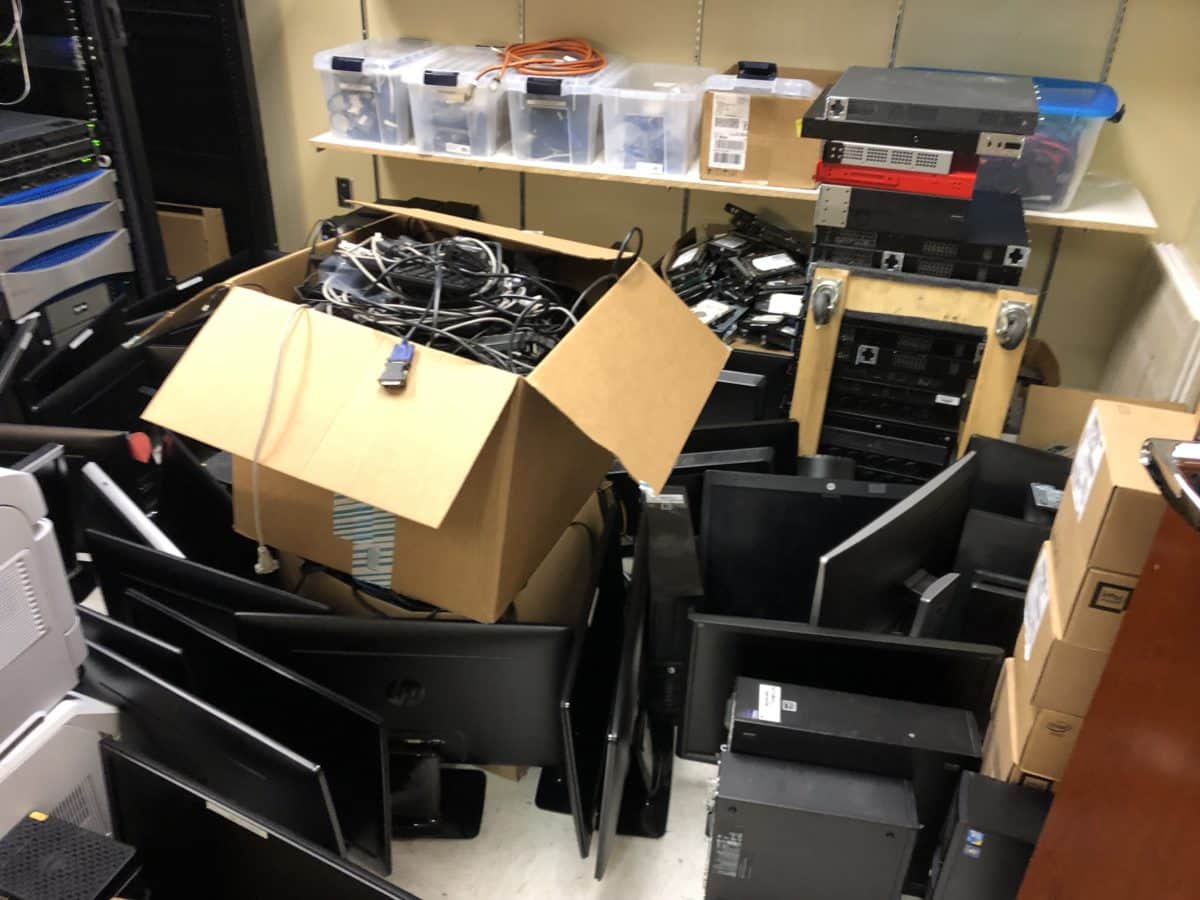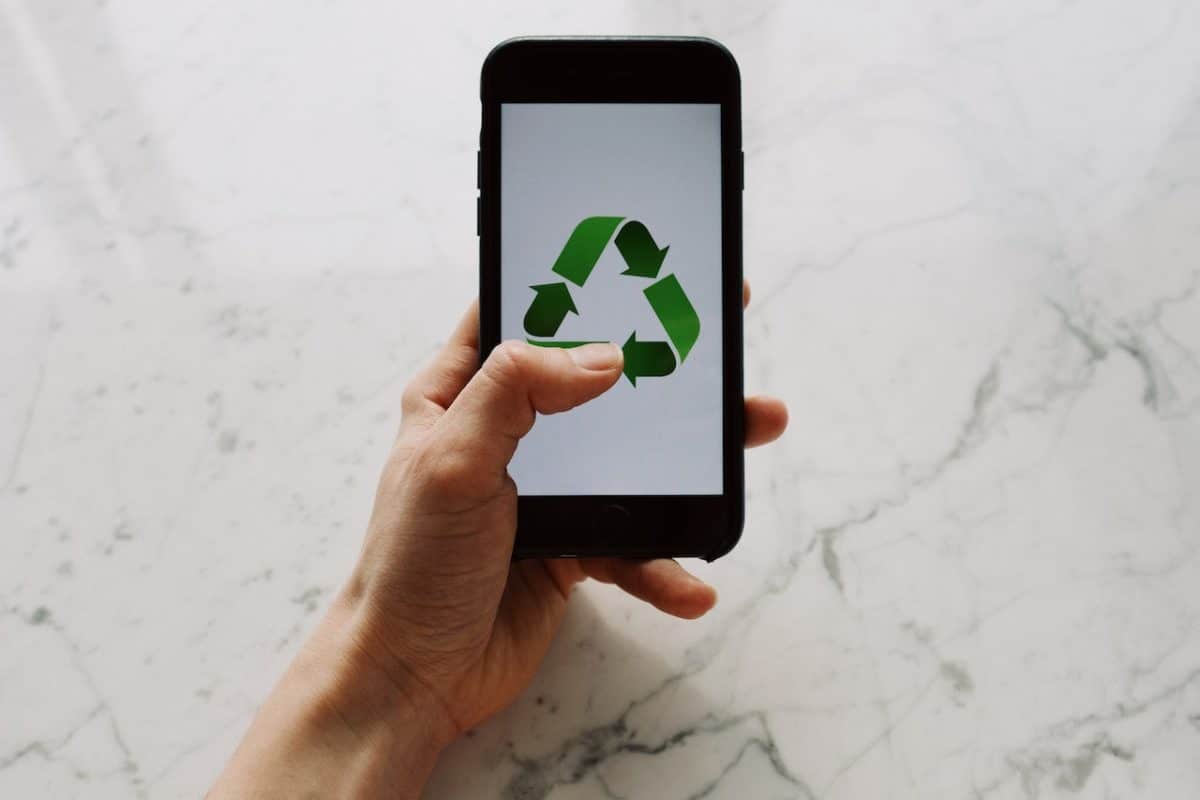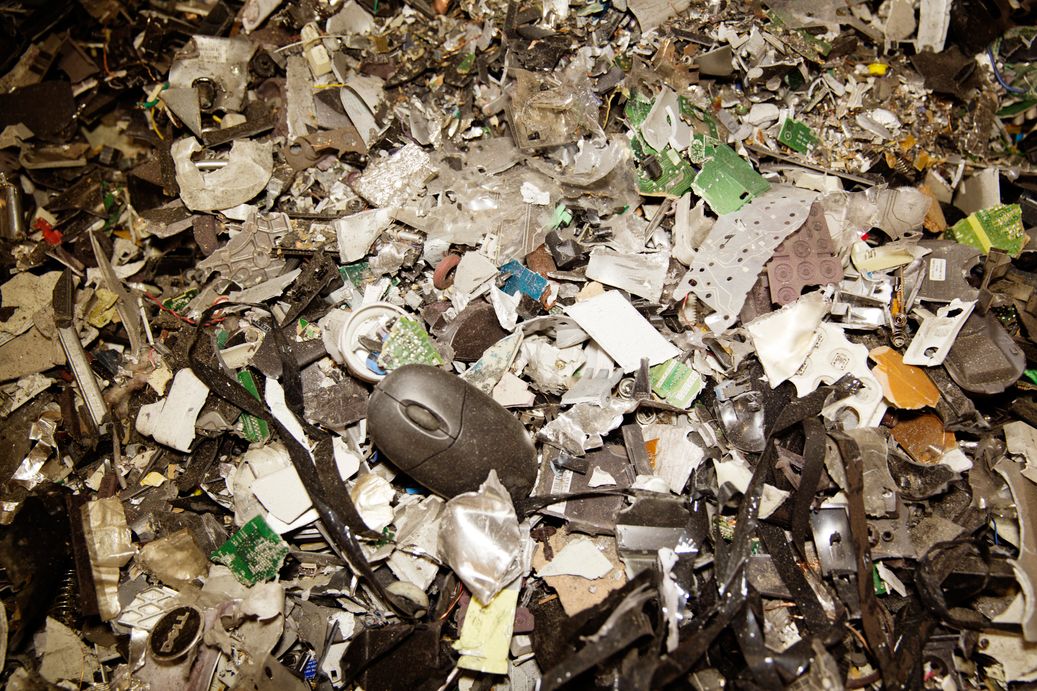How Can You Dispose of your Old Electronics?
Dispose of your Old Electronics Today. Electronic waste, or e-waste, is an ever-growing problem in today’s society. With the ever-increasing reliance on electronic devices, from cell phones to computers, more and more e-waste is being produced. If this waste is not disposed of properly, it can seriously affect the environment and human health.
Despite these dangers, many people are still unaware of the proper ways to dispose of e-waste. This ignorance can lead to improper disposal of e-waste, which can cause pollution and health problems.
Many organizations are now working to spread awareness about this waste issue through comprehensive reports and analyses.
In this article, Atlanta Green Recycling , a trusted Atlanta electronic recycling center, shares the correct way to dispose of e-waste. Some benefits of properly disposing of e-waste are also discussed:
How and Where Should You Dispose of Old Electronics?
The best way to dispose of electronics is to take them to an e-waste center near you.
Such centers are more prevalent than you probably think, as most states in the US have centers solely for this purpose.
These centers accept most electronics that plug into an outlet or run on a battery. In fact, many of these centers have a drive-through service, making dropping off e-waste a lot more convenient for residents.
Some recycling centers have rules about what types of electronics they will accept. For example, some centers might not accept refrigerators or items that contain liquid mercury. Before you dispose of your electronics, make sure to check the website of the center you are visiting to see if there are any restrictions.
What Are the Benefits of Disposing E-Waste?
The benefits of disposing of e-waste are many and varied. Perhaps the most obvious benefit is that it helps to protect the environment. Electronic waste contains various harmful chemicals and materials that can leach into the soil and water if not properly disposed of.
In addition, disposing of e-waste helps to conserve natural resources. Many electronic devices contain metals and other materials that can be recycled and used again. By disposing of e-waste properly, we can help to reduce the need to mine new materials.
Another benefit of disposing of e-waste properly is that it can help to create jobs. There is a growing industry of companies that specialize in recycling electronic waste. These companies provide employment for people who might otherwise be unemployed.
Finally, disposing of e-waste can help to reduce the amount of waste that ends up in landfills. Electronic waste takes up a lot of space, and it can be challenging to break down. By recycling e-waste, we can help to reduce the strain on our landfills.
What’s the Future of E-Waste Disposal?
As the world becomes increasingly digitized, the issue of e-waste disposal is becoming more and more pressing. With the rapid turnover of electronic devices, mountains of e-waste are generated yearly – and only a tiny percentage of this waste is recycled.
So what does the future hold for e-waste disposal?
In the United States, the Electronic Product Environmental Assessment Tool (EPEAT) rates electronics on their environmental impact, helping consumers to make more informed choices about the products they buy.
This is indeed a positive step, but more needs to be done to address the e-waste problem.
Conclusion
With the proper measures in place, we can start to make a dent in the e-waste problem. But it will require a concerted effort from everyone – manufacturers, consumers, recyclers, and policymakers – to create a sustainable future for our electronic devices. That said, being responsible for your e-waste in Atlanta is a good first step.
Atlanta Green Recycling offers complete electronic recycling in Atlanta. Whether it’s for your business or home, we can take care of your e-waste in Atlanta!



